The Benefits Of Obtaining A Power Of Attorney For Elderly Parents
The Benefits Of Obtaining A Power Of Attorney For Elderly Parents
Making important decisions for aging parents can be a challenging task, but having a power of attorney (POA) in place can provide peace of mind, direction and clarity in times of crises. To simply what a POA is and avoid the legal mumbo jumbo – the typical POA enables individuals to make crucial decisions and act on behalf of their parents, such as managing their finances or making medical decisions, when they are unable to do so themselves due to age, illness, or injury.
While it may be difficult to approach this topic with your parents, having these discussions early on can help ensure that you follow their wishes if their health changes over time. Starting the conversation with empathy and understanding can make all the difference.
In this article, we'll explore how to obtain power of attorney for elderly parents and provide helpful tips on how to approach these discussions in a healthy manner. After all, our ultimate goal is to ensure that your aging parents receive the best possible care and support.
What’s a POA?
According to the American Bar Association, POA’s are legal documents (which vary from state to state), which provide a person, or several people, with the power to perform actions on behalf of someone else. The individual given powers to act under a POA is referred to as an agent, whereas the principal refers to the person who is having their affairs managed by other individuals. Agents can only perform actions outlined within the POA document. Moreover, if someone agrees to a POA, they can still make their own decisions, providing they can still do so coherently. This means the agent cannot make exclusive decisions on behalf of the principal.
The Different Types of POA’s:
The standard types of POA’s are:
● General: For this POA, the agent can manage the principal’s affairs for a specific period, and the principal may revoke this at any point. These automatically finish if the principal becomes incapacitated and are common when an individual can still see to their affairs, but prefers that someone else does this for them.
● Durable: These POA’s continue after the principal becomes incapacitated and are more common when someone cannot manage their own affairs. They can conclude in many ways, including once the principal dies, or recovers / completes the conditions within the POA document.
● Springing: The terms in this POA do not take effect unless the principal becomes incapacitated. For this type of POA, the principal remains in control of their affairs until they lose capacity.
● Medical: These POA’s allow agents to make medical decisions on behalf of the principal. They last until the principal is competent and might also expire after a certain period mentioned in the document.
● Limited: These limit the agent’s ability to make decisions regarding certain tasks as outlined in the POA document, such as paying bills or selling a house. Limited POA’s are usually temporary and end when the principal loses capacity.
Why and When to Consider a POA For Your Aging Parents:
Here are the common reasons why your parents might want to consider getting a POA in place:
● Finance issues: POA’s enable individuals to continue paying their parents’ bills and manage their finances when their parents may struggle to fulfill those obligations on their own.
● Serious illness: Having a POA for an elderly parent can be helpful, as it allows them to focus on getting better and reduces the stresses associated with also having to manage their affairs.
● Memory issues: Individuals commonly obtain a POA to manage their parents’ affairs if they develop dementia. Yet, it is imperative for you and your parents to know that they must create the POA before they lose capacity and while they are mentally competent to do so.
● Surgery: When an elderly parent is undergoing surgery, it might be a good idea to obtain a POA so the individuals they’ve appointed can make decisions on their behalf and manage their affairs until they have fully recovered.
● Frequent travel: Some elderly parents like to travel frequently, so POA’s can be useful for ensuring their affairs remain in order while they are away.
How Do I Choose a POA For My Parents?
When considering speaking to your aging parents about getting a POA in place, there are several things for them to keep in mind. The most crucial factor is trust - they must choose someone they can rely on to make decisions in their best interests and follow their wishes.
While family members are often chosen for this role, it's important to consider whether they are the best fit. If you think an objective outsider may be better suited to the task, such as a lawyer, accountant, or financial institution, this is also an option, although it may come with additional costs.
Before agreeing to be a POA for your parents, it's essential to have a thorough discussion with them to understand their needs and preferences. Different types of POA’s have different levels of responsibility, and it's important to clarify what your parents expect from you. If your parents need help with medical decisions, for example, this will require more involvement than if they only need assistance with financial decisions.
Finally, it's essential to understand the financial implications of becoming a POA. You will need to keep your finances separate from your parents' and be prepared to justify any decisions you make to avoid legal issues.
Assisting your aging parents to create a POA requires serious decisions to be made, and it's essential to approach these conversations with care and sensitivity. By having open and honest discussions, while also seeking objective and professional advice from experts, you can ensure that your parents receive the best possible care and support.
Contact Us, Your Local Personal Family Wealthy & Legacy Lawyer To Learn More About Obtaining A Power Of Attorney For Your Elderly Parents
If you have elderly parents, it's understandable that discussing the creation of powers of attorney (POA) will be a sensitive topic that must be approached carefully and empathetically. However, starting these discussions as early as possible can bring peace of mind and clarity on what the future entails and what your parents’ wishes truly are for their future.
When approaching these conversations, it's important to consider your parents' health and well-being. Let them know that you're there to support them and that you will only use the POA powers if it's absolutely necessary. This simple promise and keeping the focus on questions related to their wishes and how they would like their medical and financial issues to be handled in the future can help reassure them that you have their best interests at heart. Not to mention, you may learn something about your parents’ wishes that you otherwise might not have known.
Additionally, it may be helpful to seek the guidance of an experienced estate planning attorney. They can provide objective advice and alleviate any concerns that your parents may have. We understand that this is a difficult process, but we're here to help. Please feel free to contact us today to learn more about how we can assist you and your family.
This article is a service of Family Wealth & Legacy Legal Solutions (FWLLS). We do not just draft documents; we ensure you make educated, informed and empowered decisions for yourself and the people you love. That's why we offer a Family Wealth & Legacy Strategy Session™, during which you will get educated and begin to prepare to avoid life’s most common legal problems and get a plan in place to make the best possible choices for the people you love. You can begin by calling our office today to schedule a Family Wealth & Legacy Strategy Session and mention this article to find out how to get this $750 session at a significantly discounted rate, or even for free.
Contact Us
We will get back to you as soon as possible.
Please try again later.
Contact Us
We will get back to you as soon as possible.
Please try again later.


© 2023 Biederstadt Law. All Rights Reserved.











